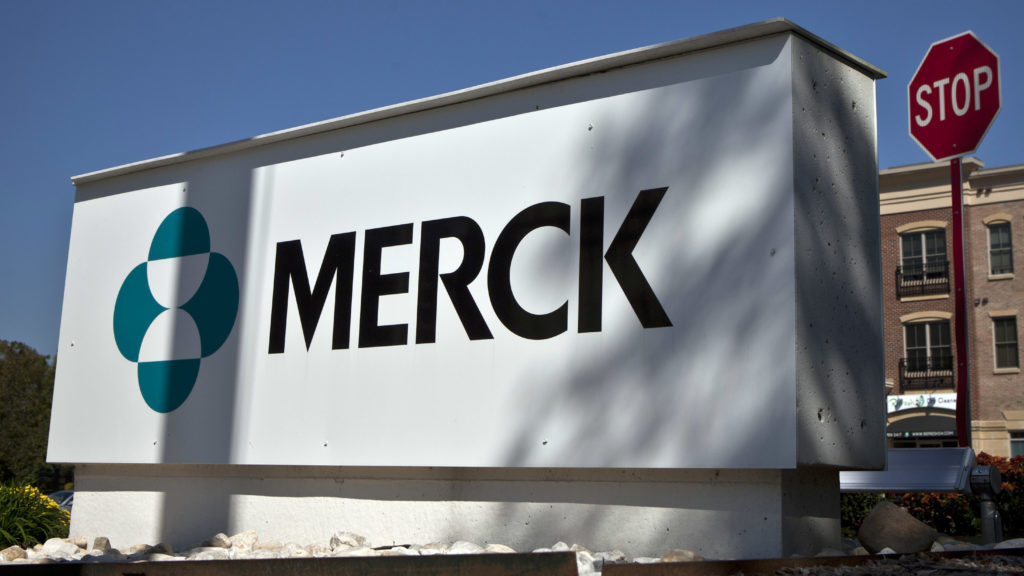Want to stay on top of the science and politics driving biotech today? Sign up to get our biotech newsletter in your inbox.
Happy New Year, biotech friends! We’re back with news, including Merck’s decision to cut the price of its diabetes drug Januvia by 42% and Neumora’s readout on its experimental depression drug. Also, is the best way to “save the FDA” to break it apart?
advertisement
Merck is a new year outlier with its diabetes drug
From STAT’s Elaine Chen: The start of the new year is traditionally a time when many drugmakers raise the price of their treatments, and this year, companies did just that with at least 250 medicines. But Merck stood out by cutting the list price of its diabetes drug Januvia by 42%.
Merck cited two reasons: The first, it said, was that it wanted to align the list price more closely to the net price to benefit patients, such as those paying coinsurance. The company also cited changes in the Medicaid rebate program in 2024. Those changes allowed Medicaid to collect over 100% in rebates if companies raise drug prices by more than inflation. Merck said its Medicaid rebate rate for Januvia was over 100%, meaning it was losing money on Januvia prescriptions.
This Medicaid change, experts say, was also a factor that had driven makers of insulin products — Eli Lilly, Novo Nordisk, and Sanofi — to cut list prices in 2023.
advertisement
As was the case with the insulin pricing, though, cutting list prices may end up actually hurting patients’ access to the drugs. After Novo cut the list price of an insulin product called Levemir, it likely wasn’t able to offer commercial pharmacy benefit managers as high rebates as it used to. Novo said it started losing access to commercial drug formularies and ultimately decided to discontinue the drug, leaving patients scrambling. There have also been shortages of other insulin products produced by Novo, leading patients to wonder if the company is de-prioritizing the production of insulin.
Neumora’s depression drug fails in Phase 3 study
An experimental depression drug made by Neumora Therapeutics failed in a Phase 3 study — a setback in the quest to find much-needed alternatives to SSRIs. The company’s stock plummeted 83% on the news, STAT’s Allison DeAngelis writes. Although the drug showed a slight improvement in women, offering a 14-point reduction in depression scores compared to placebo, it failed to meet the study’s endpoint and results were more mixed in men.
The failure underscores how difficult it’s been to develop effective new antidepressants, given how frequently late-stage trial have tanked in this space. Neumora launched in 2021 with more than $600 million in funding, and has seven neuroscience drugs in development — as well as the capacity to stay operational until 2026.
Bisect the FDA and save it
Splitting the FDA into two distinct entities — one for drugs and devices, the other for foods — could help regulators rebuild public trust, opines Lee Cooper, a biotech investor who teaches ethical bio-innovation at Tufts and Dartmouth. He says the FDA’s reputation for drug safety, which is supported by rigorous science and global leadership, is at risk of being undermined by food safety controversies.
The agency’s scope, Cooper writes, is too vast — overseeing food, cosmetics, tobacco, drugs, and medical devices — which dilutes focus and accountability. A separate, drug-focused FDA could better oversee cutting-edge biomedical advances while ensuring high standards.
advertisement
Roche dives deeper into ADCs, Innovent
Roche is growing its footprint in the antibody-drug conjugate space: It’s inked a deal with China-based Innovent Biologics, to get access to ICI3009, an ADC in Phase 1 studies for small cell lung cancer. Innovent gets $80 million upfront, and the milestone payments could stretch up to $1 billion.
This isn’t Roche’s first foray into ADCs, or with Innovent, as FierceBiotech points out. Last year, the Swiss drugmaker signed a $66 million pact with Moma Therapeutics for access to its ADC platform. And in 2020, it entered a $2 billion deal with Innovent that allowed the Chinese biotech to access Roche’s cell therapies and bispecifics for both blood and solid tumor cancers.

